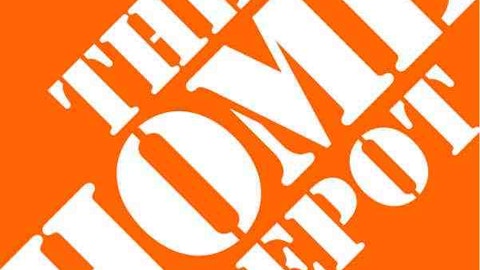The tax perk that online retailers have enjoyed over their brick-and-mortar rivals is on its last legs.
Already we’ve seen Texas join California and Pennsylvania on Amazon.com, Inc. (NASDAQ:AMZN)‘s growing list of states where it collects sales taxes. And the online megaretailer has more of the same type of deals in the works with other states.
But U.S. consumers might not have to wait for Amazon’s patchwork of state-by-state deals to make its way to them. Federal legislators just introduced a law that would force all Internet retailers to collect sales taxes.

I fought the law
Amazon, along with other e-tailers, can trace its special tax treatment back to a 1992 decision by the Supreme Court. Back then — way before Internet retailing took off — the court ruled that sellers who don’t have a physical presence in a state don’t need to collect sales taxes there. Instead, most states have required that citizens self-report online purchases that they made at tax time. But few people actually do that.
So in practice, e-tailers have been able to avoid charging their customers sales tax, while their local competitors haven’t. And the ruling created an incentive for Internet companies to limit their physical footprint, so that they can keep that tax benefit in as many states as possible.
In 2011, for example, Amazon closed its distribution center in Texas in the middle of an argument over taxes, citing the state’s “unfavorable regulatory environment.” Texas had been seeking close to $300 million in sales taxes from Amazon.
And the law won
But last spring the company mended fences with Texas officials. It relented on the tax fight, announcing that it would begin collecting sales taxes there starting in July. According to The Wall Street Journal, even without any national law taking effect, Amazon is on pace to collect sales taxes in 12 states by 2016. And those areas represent about 40% of the U.S. population.
California joined the taxing ranks just before last year’s holiday season. And all indications were that the result was a measurable drop in Amazon’s sales relative to non-tax states. Competitors seemed to benefit, too. Best Buy Co., Inc. (NYSE:BBY) told Reuters at the time that it saw a 5% rise in online orders in Amazon’s new taxing locations. Best Buy reported flat holiday sales, but enjoyed a solid 10% bounce in online orders.
Consolation prizes
But this is a lose-win situation for Amazon, and what it wins is just as important. Coming to these tax agreements has freed the company to expand its physical footprint across the county. Just last month the company announced that it will open a group of sparkling new distribution facilities in Texas covering over 3 million square feet of space.





